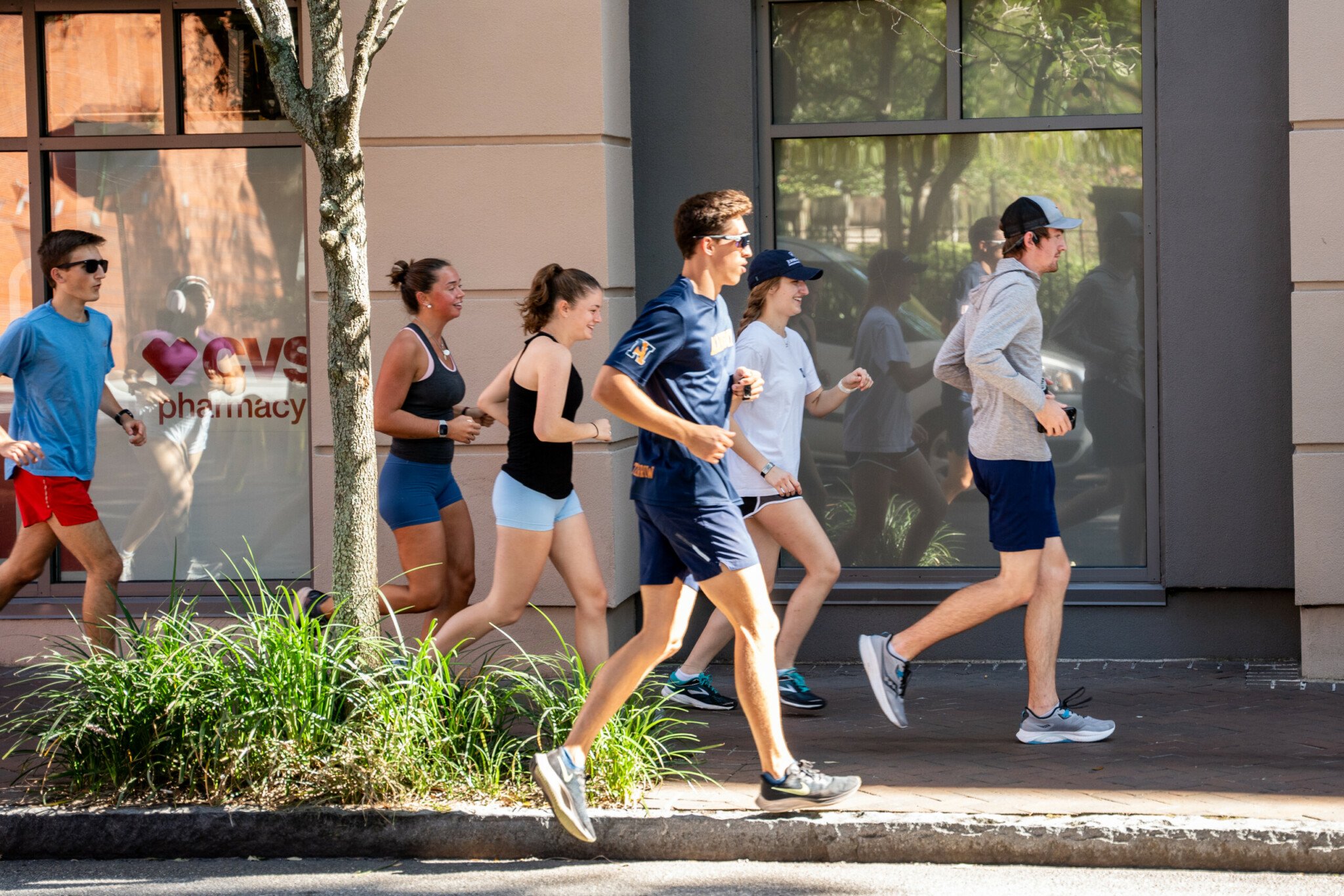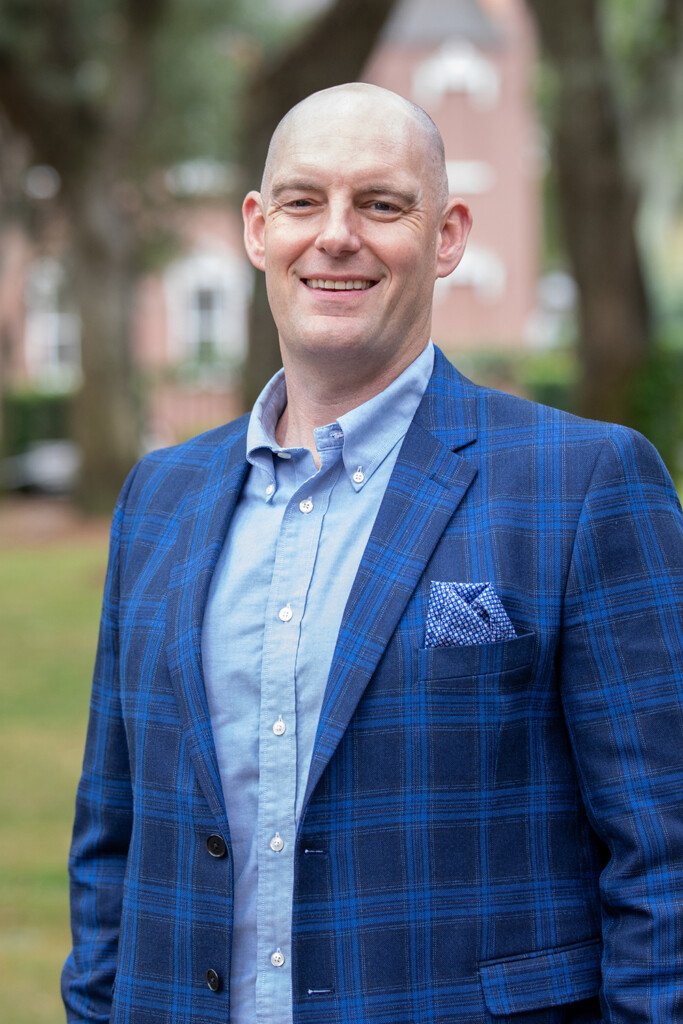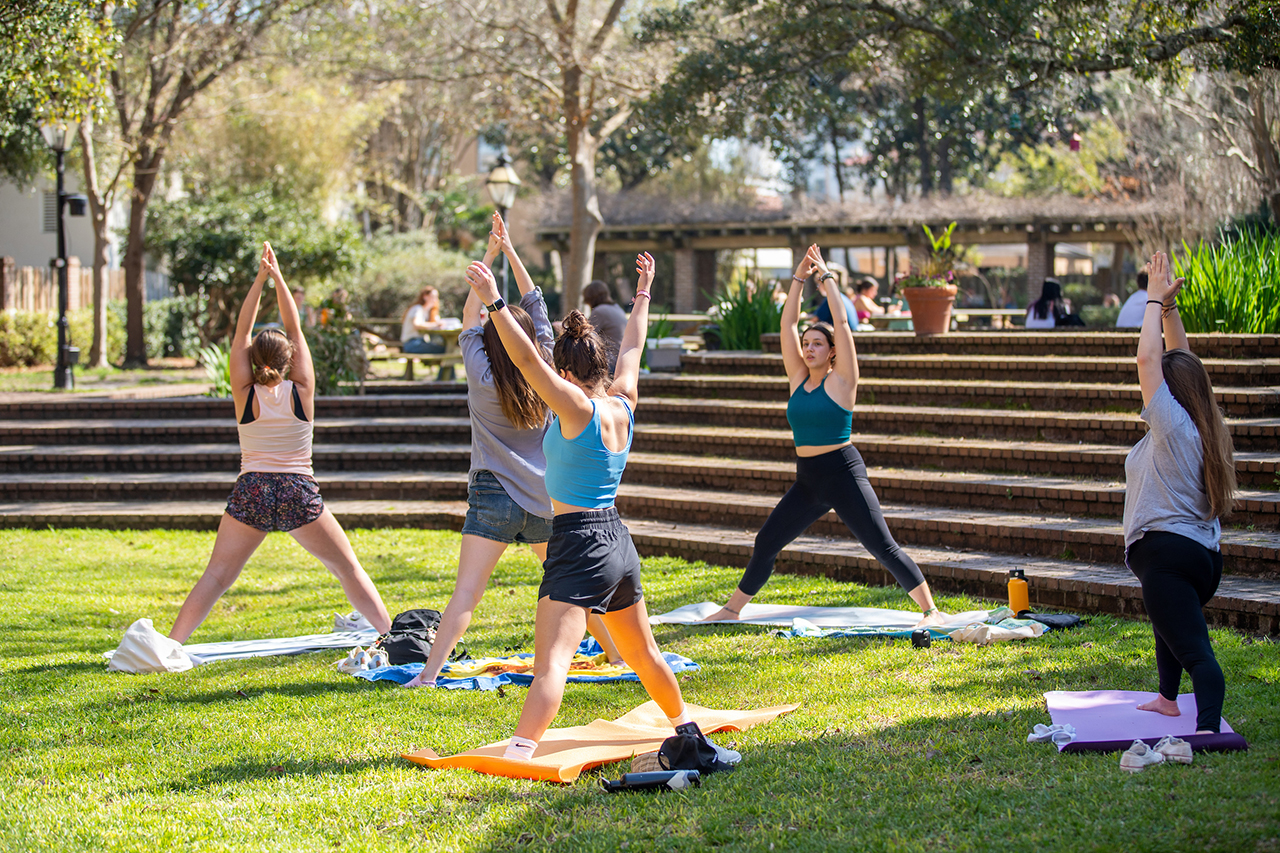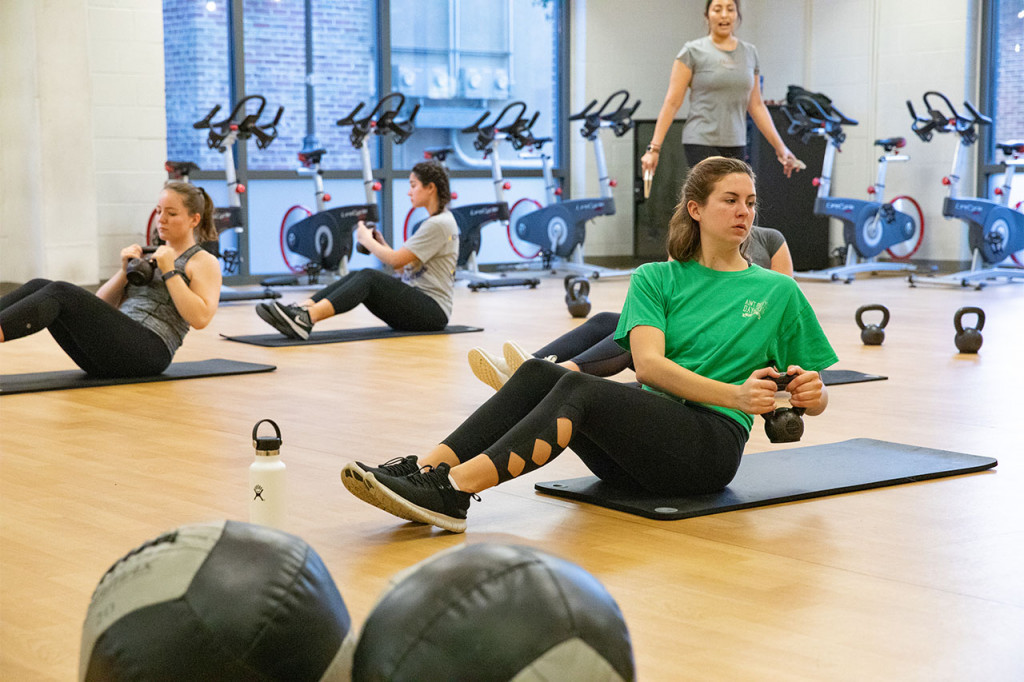Tips for Getting and Staying Fit in the New Year
Wes Dudgeon, dean of the School of Health Sciences, offers tips and suggestions for sticking to your fitness goals in 2025.

It’s that time of year, when once again, we start thinking about how we can improve our lives. Without question, one of the things that always tops our list of New Year’s resolutions is getting back into shape.

The good news is you don’t have to do anything drastic to start down the path to better physical fitness and health in 2025, but you do have to make some changes.
“The first thing is it’s got to be a lifestyle change, it can’t be a temporary change,” says Wes Dudgeon, dean of the School of Health Sciences. “You can’t say ‘I’m going to go hard core and run every day of the week.’ It’s not going to happen. We know from the literature if you make realistic, holistic lifestyle changes, you’re going to have more success.”
That means you never again need to go on a diet.
“We’re trying not to use the word diet anymore because it means temporary changes rather than making more holistic changes in what you eat,” says Dudgeon. “So, for example, one change might be to say ‘I’m going to avoid processed sugar or avoid white flour.’ Those are easy steps you can make. People tend to fail when they say something like ‘I’m not eating carbohydrates at all,’ but when you go to a party and all there is is pizza, you can’t avoid that. Making those simple lifestyle changes – and making it a full lifestyle change – is a good start.”
In terms of exercise and fitness, if you haven’t worked out in a while, the first thing to do is to avoid sitting.
“There’s been a lot of research recently about how bad sitting is,” says the exercise science professor. “If you’re in the office, get a stand-up desk. If you’re on the phone, stand up and walk around. If you’re reading, pick up your book and read. Have walking meetings. Start by making small changes in your lifestyle that don’t involve going to the gym.”
The next step is to set an exercise routine. The American College of Sports Medicine recommends we accumulate 150 minutes of moderate exercise per week. Dudgeon says that means exercising at a pace where you can barely carry on a conversation.

And don’t work out alone.
“It’s always better to seek out the experts first, so whether you’re working out on campus or whether you’re going outside of campus, rely on folks who have credentials to tell you what to do,” says Dudgeon. “There’s a lot of accountability when you either pay money to someone or there is someone checking up on you.”
The Physical Activity and Lifetime Movement Program offers fitness classes for credit, such as Walking for Fitness and Health, Couch to 5K, 10K Training, Advanced Resistance Training and Conditioning, and Physical Conditioning and Weight Training. Campus Recreation Services also offers personal training and a host of exercise classes for students, faculty and staff, including Bridge Run training and kickboxing, pilates, Zumba and spinning classes.
Dudgeon says regardless of whether it’s your first time exercising in years or if you’re wanting to step-up your exercise routine, set a goal, which could include improving cardiovascular endurance, building muscle or losing weight.

One myth that needs to be debunked, Dudgeon says – particularly for women – is that building muscle will make you bulky.
“I’m a big proponent of strength training because the more muscle mass you build, the more calories you burn, the more fat you keep off,” he says. “We’ve kind of been taught the wrong thing for the last 30 years: That you go run to lose weight. Running is great for you, but lifting weights is actually a better way to burn calories than running.”
Dudgeon adds, “High intensity interval training will help you lift weights the right way to capitalize on calorie burning and building muscle mass.”
Again, start slow. If you start by walking more throughout the day and adding sets of push-ups, pull-ups, sit-ups or squats, you’ll be on your way to better physical fitness.
“It doesn’t have to be about going to the gym,” says Dudgeon. “Start by setting a goal, holding yourself accountable and making realistic, permanent changes.”
Here’s to getting fit in the New Year!



